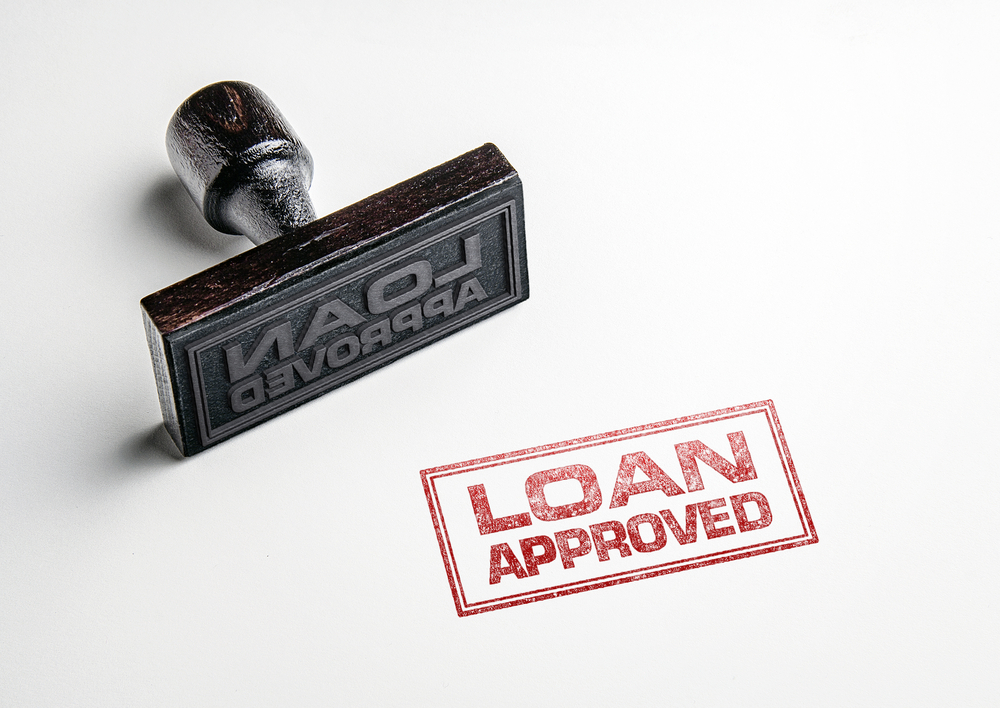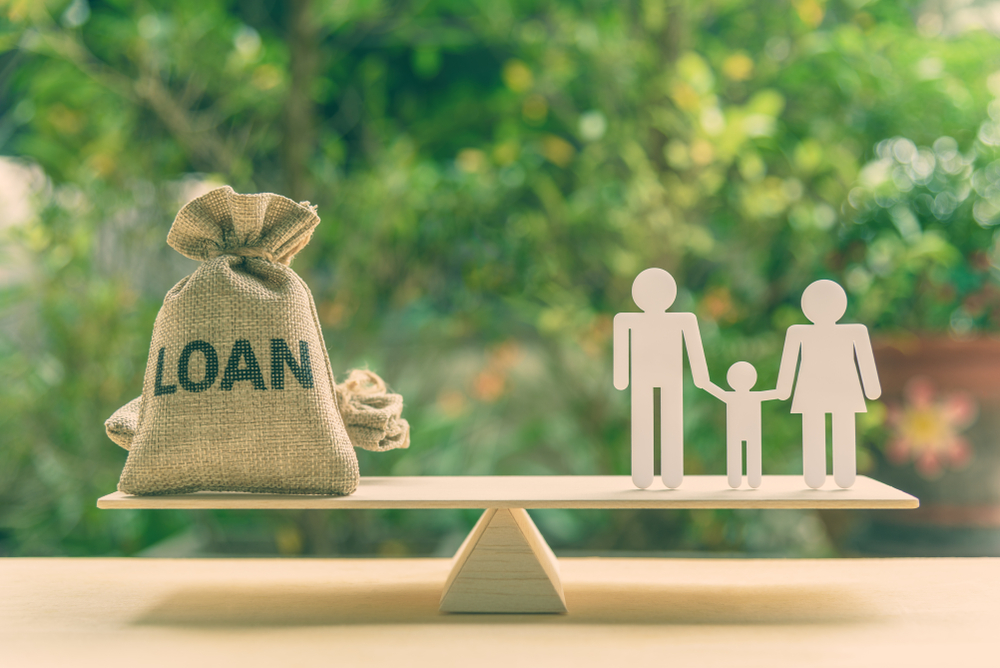In this day and age, every adult has accumulated debt. You need a substantial amount of money to pay for your college education as well as other “adulting” realities such as buying or renting a home and purchasing a car.
When you take out a loan to pay for these needs, you’re actually borrowing from financial institutions like banks and other lenders. Not all debt is bad. However, you should consider your paying capability and repayment timeline to ensure that you’re getting a fair deal with the loan.
Moreover, you must settle your loan as soon as possible. This way, you boost your credit score and make yourself eligible for a higher credit limit. Plus, striving to become debt-free can ease these concerns from your mind and enable you to enjoy your life without extra financial burdens.
Here are the top tips to pay off your loan faster:
- Prioritize Repayment
The best way to ensure that you repay your debt quickly is to include a workable amount in your budget. It’s already a part of your life, so you should accept it and adjust your lifestyle accordingly.
Don’t put off repayment for later because you’ll suffer from high-interest rates. Instead, tackle the debt head-on as early as you can. Create a payment breakdown, which serves as your guide as to how much amount you should set aside each week or month.
- Find a Repayment Strategy
There are different repayment strategies. One that may work for some may not work for you, so you must research and understand the methods. Look at the benefits that you’ll gain from it as well as its advantages for your lifestyle and earning capacity.
These are three repayment strategies you should consider:
- Snowball– The snowball method involves paying a considerable amount to the smallest debt first while allocating the minimum for other accounts. Then, once that item is off your list, you can move towards the next lowest balance. The premise is that you gain momentum from repayment and clear off your debts.
- Snowflake– This approach entails making small repayments frequently in the hopes of eventually making a significant impact on reducing your debt. You should remember, though, that you still have to take note of the minimum amount due for each loan account.
- Avalanche– Another strategy tackles the debt with the highest interest rate first and slowly working down toward the lowest. It makes sense since you don’t want to keep on paying for the servicing fees and other transaction costs, which could have been used to reduce your debt further.
- Consider Consolidation and Refinancing
Look at the interest rates on your loans and check if you can negotiate with the lender about them. Having lower interest rates allow you to direct your money into eliminating your debt.
If there’s no way to reduce the interest rates, you may save more money by consolidating them and repaying them with another loan. Essentially, you borrow a substantial amount of money and use the borrowed funds to pay all your loans.
With this, you’ll end up having to repay only one lender, which eliminates the need to track payments for different financial entities. Moreover, you’ll enjoy lower interest rates since the loan is still fresh.
Two tips to help you with consolidating and refinancing your loans:
- Mind Your Credit Score– Improve your credit rating first before you apply for loan consolidation and refinancing. Having a high score implies that you are financially responsible and this plays a significant role in assuring lenders that you will repay your debt to them.
- Find a Strong Income Stream – Employed people have more chances of being approved for consolidation and refinancing. Having a stable job equates to getting income regularly and increases the likelihood that you’ll pay creditors consistently.
- Pay More than the Minimum
If you are able, pay more than the minimum amount due printed on your monthly statement. Reduce your debt more significantly and quickly by paying a more substantial sum each week or month as much as possible. You can even direct your bonuses, tax refunds, and other extra income toward repaying your loans.
Conclusion
It is possible to be debt-free amidst multiple loans and hefty interest rates. First, you have to acquire the mindset of accepting your debt and allocating a portion of your pay each week or month for reducing it. Next, you must find a repayment strategy that works for your lifestyle and earning capacity.
You can even look at consolidation and refinancing options to help you save money on interest. Lastly, always pay more than the minimum amount due required by the lender to make you debt-free quickly.


